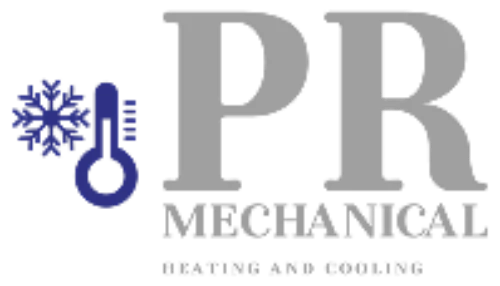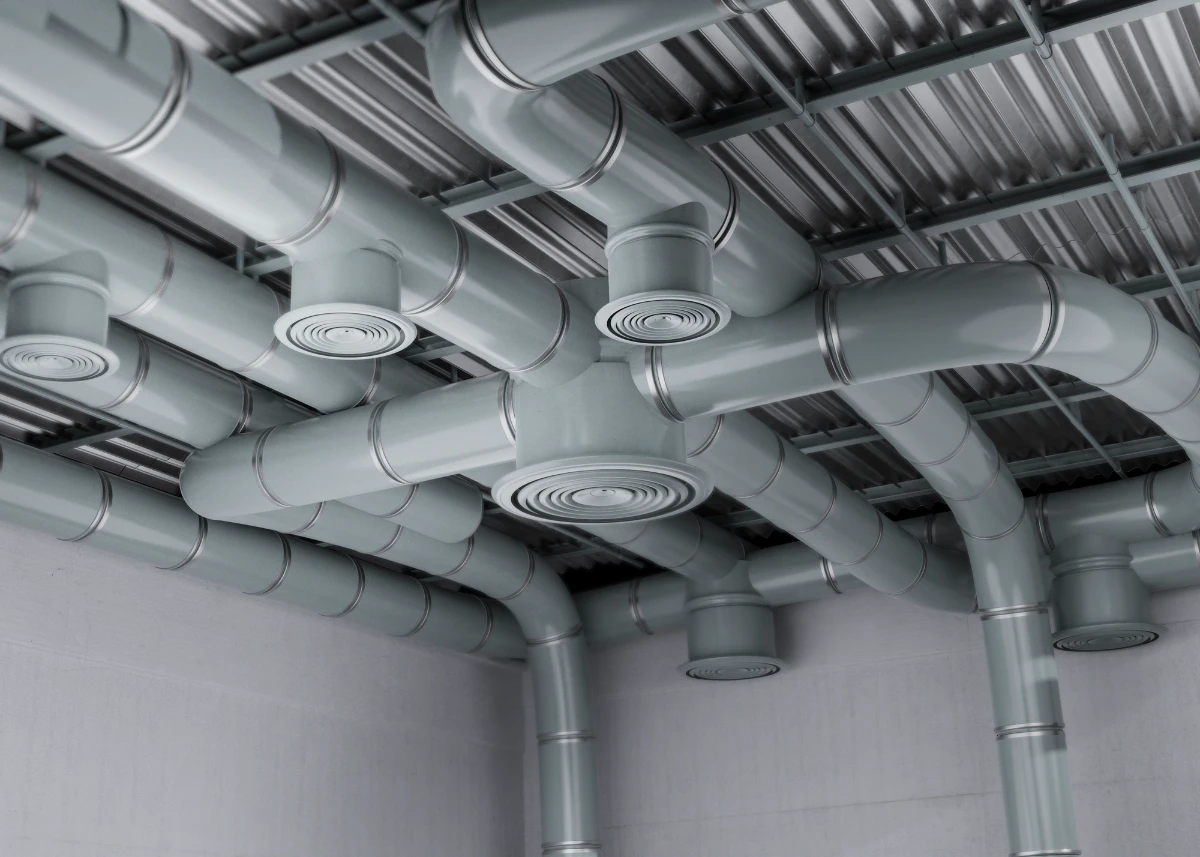Heating and cooling make up a significant portion of your energy bills, especially during extreme weather months. However, with a few strategic adjustments, you can improve the efficiency of your HVAC system, reduce your energy consumption, and lower your utility costs. In this blog, we’ll explore simple yet effective tips for optimizing your heating and cooling system, helping you save money and energy year-round.
-
Upgrade to a Programmable Thermostat
A programmable thermostat allows you to set your home’s temperature to adjust automatically based on your schedule. This prevents your HVAC system from running when it’s not needed, such as when you’re away from home or asleep.
Solution: Install a smart thermostat that learns your habits and adjusts accordingly. By ensuring that your system only runs when necessary, you can save energy without sacrificing comfort.
-
Seal Air Leaks
Drafty windows, doors, and gaps in your walls can let heated or cooled air escape, making your HVAC system work harder to maintain the desired temperature. This leads to unnecessary energy loss and higher utility bills.
Solution: Inspect your home for air leaks and seal any gaps around windows, doors, and ducts with weatherstripping or caulk. This simple fix prevents air from escaping and keeps your home comfortable with less energy.
-
Regularly Change or Clean Air Filters
Dirty air filters can restrict airflow and cause your HVAC system to work harder, leading to increased energy usage and reduced efficiency. Clogged filters also trap dust and dirt, which can affect indoor air quality.
Solution: Change or clean your air filters every 1-3 months, depending on usage. This ensures that your HVAC system runs efficiently, reducing energy consumption and improving air quality.
-
Optimize Your Home’s Insulation
Insulation plays a crucial role in keeping your home warm in the winter and cool in the summer. Poor insulation can cause heat loss in the winter and heat gain in the summer, forcing your HVAC system to work overtime.
Solution: Upgrade your insulation in key areas such as the attic, walls, and floors. Proper insulation helps maintain a consistent temperature in your home, reducing the workload on your HVAC system and saving energy.
-
Use Ceiling Fans
Ceiling fans can help distribute warm or cool air more evenly throughout your home. In the winter, run your ceiling fans clockwise to push warm air down from the ceiling, and in the summer, run them counterclockwise to circulate cool air.
Solution: Adjust your ceiling fans seasonally to help maintain a comfortable temperature without relying solely on your heating or cooling system. This helps to keep your energy bills lower year-round.
-
Close Vents in Unused Rooms
If you have rooms in your home that aren’t frequently used, keeping vents open can waste energy by heating or cooling those spaces unnecessarily.
Solution: Close vents in unused rooms and make sure that your HVAC system is only focused on the areas you use most often. This reduces energy waste and allows your system to operate more efficiently.
-
Schedule Regular HVAC Maintenance
Routine maintenance ensures that your heating and cooling systems are running at their best. Over time, components like ducts, coils, and compressors can accumulate dust and debris, reducing efficiency and increasing energy use.
Solution: Schedule an annual HVAC tune-up to ensure that your system is running optimally. A professional technician can clean and inspect key components to maximize efficiency, extend the lifespan of your system, and prevent costly repairs.
-
Install Zoned Heating and Cooling
Zoning allows you to control the temperature in different areas of your home independently, rather than heating or cooling the entire house to the same temperature. This is especially useful in larger homes where some rooms may be used less frequently than others.
Solution: Consider installing a zoned heating and cooling system to manage energy consumption more effectively. By only conditioning the rooms you’re using, you can save energy and money.
-
Upgrade to Energy-Efficient Equipment
Older HVAC systems are often less efficient than newer models, leading to higher energy costs. Energy-efficient models are designed to use less energy while providing the same level of comfort, reducing both environmental impact and your utility bills.
Solution: If your HVAC system is over 10 years old, consider upgrading to an energy-efficient unit with a high SEER (Seasonal Energy Efficiency Ratio) rating. Newer systems are more efficient, providing the same level of comfort with less energy consumption.
Conclusion
Optimizing your heating and cooling system doesn’t have to be complicated or expensive. By making small adjustments such as upgrading to a programmable thermostat, sealing air leaks, maintaining your HVAC system, and improving your home’s insulation, you can make a significant difference in both your energy consumption and utility bills. Whether you’re looking to save money, reduce your carbon footprint, or increase comfort, these simple tips will help you achieve a more energy-efficient home. If you’re unsure where to start, consult with a professional HVAC technician to explore more personalized solutions for your home.

